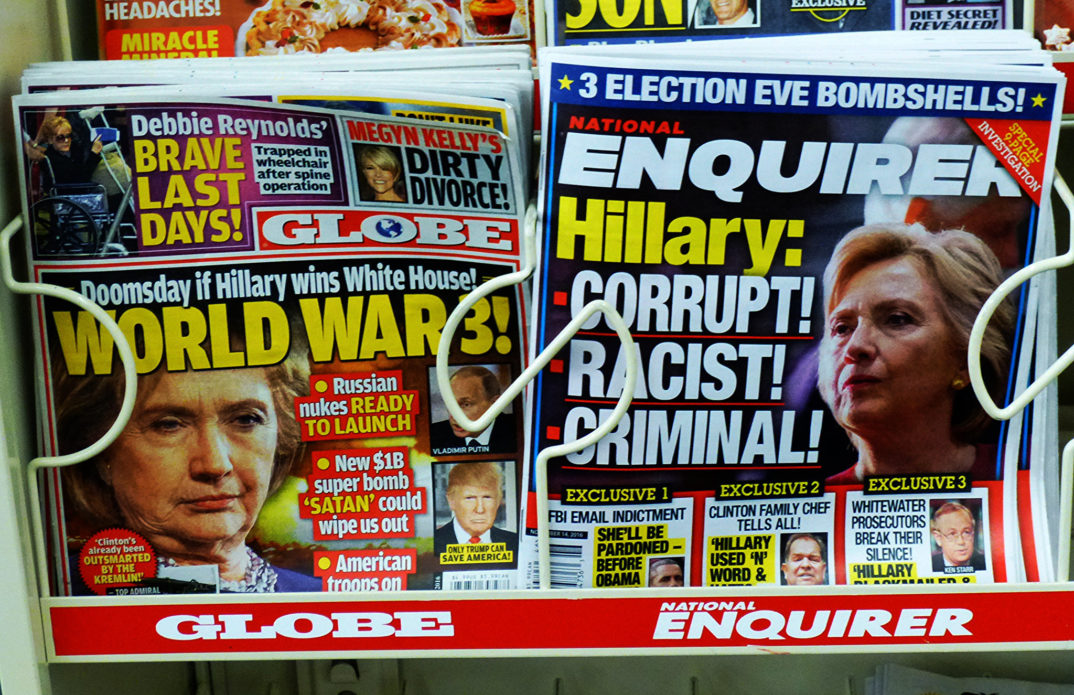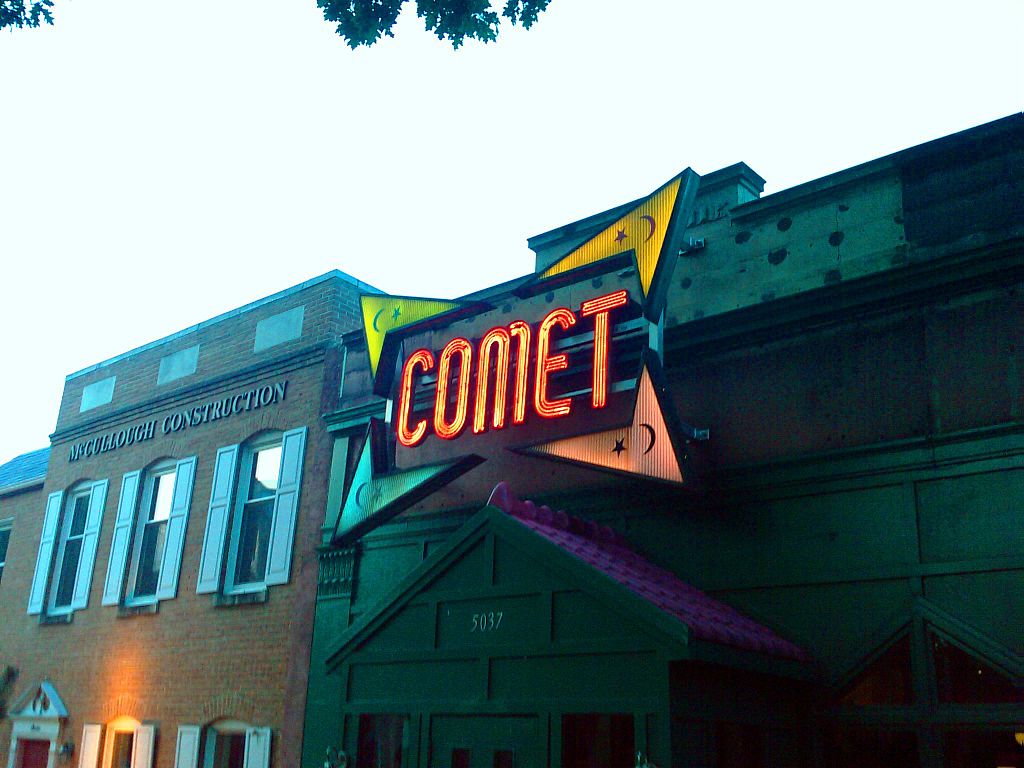Barack Obama isn’t an American citizen. Hillary Clinton sold weapons to ISIS. Democrats orchestrated the Sandy Hook shooting to promote gun control. Conspiracies have plagued political discourse for centuries, and have grown especially more prevalent and harsh in recent years. There are multiple reasons behind this current uptick in conspiracies, the most obvious being the increased accessibility to the Internet and social media. However, even more unsettling is the very real damage that has been caused by belief in conspiracies in recent years. Continue reading “The Danger of Endorsing Political Conspiracies”
Determining Moral Responsibility in the Pizzagate Shooting
On December 4th, North Carolina resident Edgar Welch walked into Comet Ping Pong, a Washington, D.C., pizza restaurant, with an assault rifle strapped to his chest. Inside, he reportedly fired several shots and pointed his rifle at a Comet Ping Pong employee as the restaurant’s patrons scattered. No bystanders were injured, and once Welch failed to find what he came for, he surrendered to police.
This week, Welch will return to court in relation to the incident at Comet Ping Pong, a dramatic turn in what has become known as the “Pizzagate” conspiracy. For weeks prior to the attack, online conspiracy theorists had besieged the restaurant with baseless accusations that it has conspired with politicians like Hillary Clinton to traffic and abuse young children. Welch reportedly latched onto these conspiracies, ultimately deciding to take matters into his own hands through a vigilante “investigation.” While Welch’s legal guilt may seem straightforward, the ethical questions his case raises underscore the complexities of moral responsibility in the time of fake news.
Continue reading “Determining Moral Responsibility in the Pizzagate Shooting”


